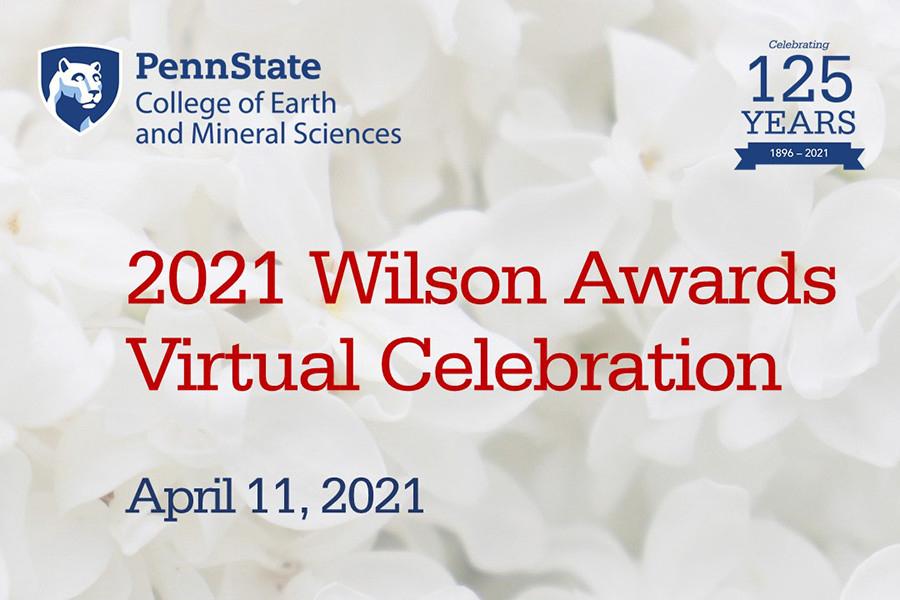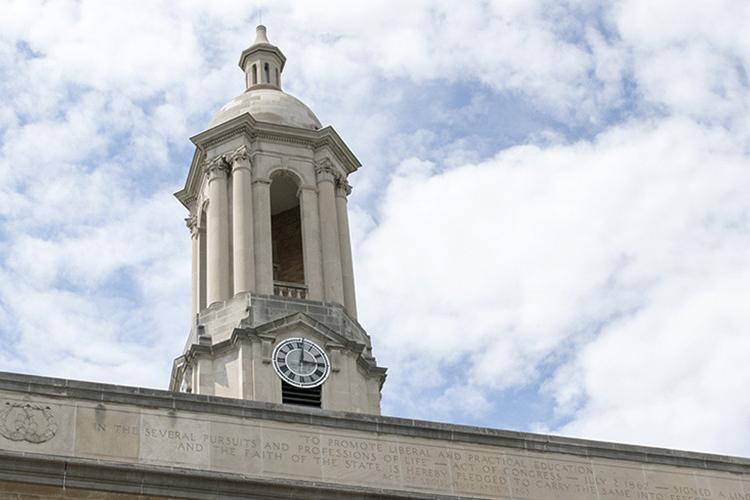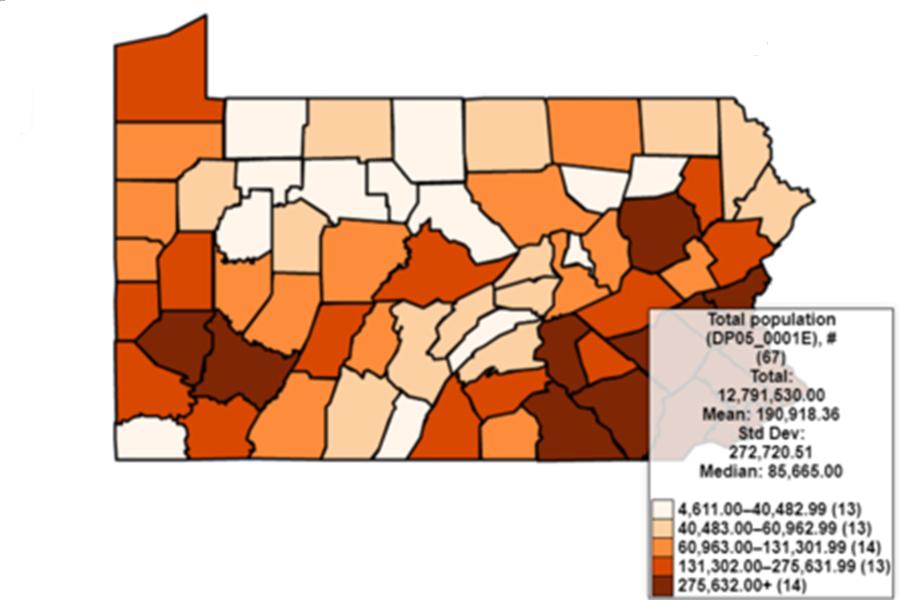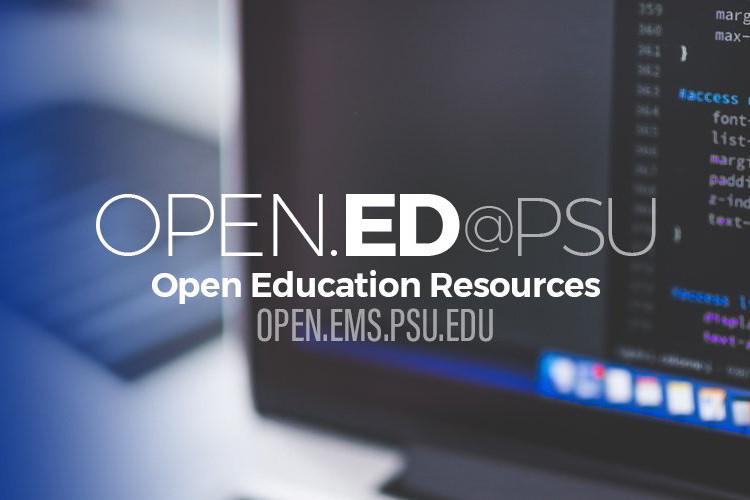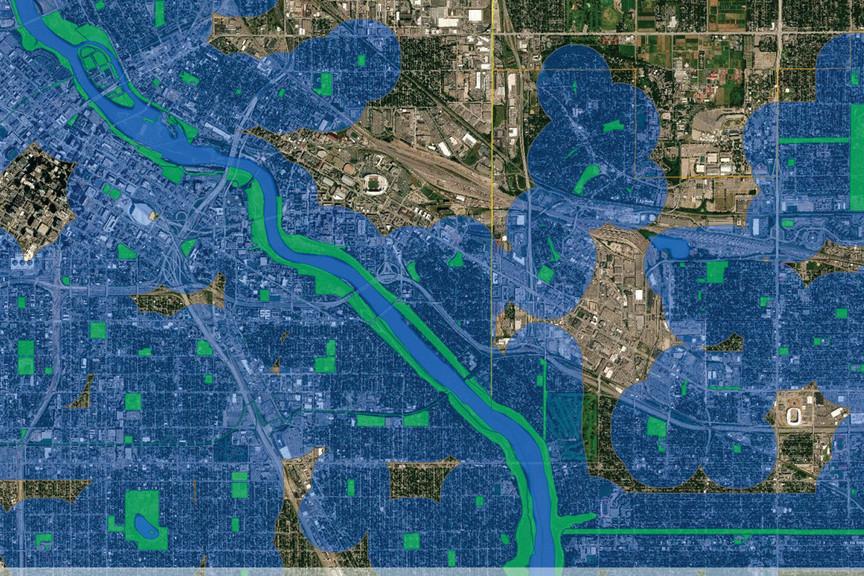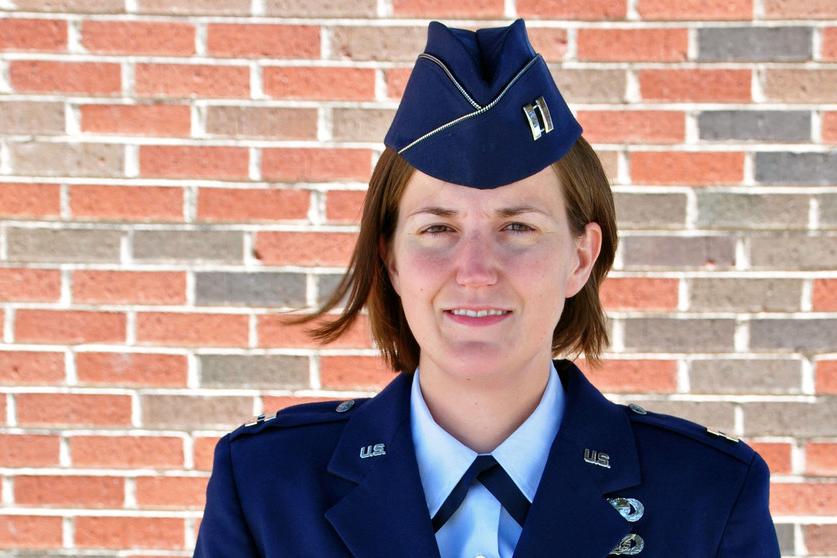As the college’s learning design unit, the John A. Dutton e-Education Institute works in close partnership with the College of Earth and Mineral Sciences' five academic departments to design, develop, and manage the college's online certificate and degree programs, as well as to support the college's faculty in the delivery of resident instruction offerings.
The college serves as a leader in distance teaching and learning at Penn State. To date, our college boasts 19 certificate and degree programs online and more than 130 online courses. We have been able to extend the reach of a high-quality, rigorous, and research-based Penn State education to more than 5,900 undergraduates and more than 1,250 working adult professionals around the globe.
Embodying the Best Practices in e-Education
The Institute's experienced team of learning designers and multimedia and web-based technology specialists partner with the college's faculty to cultivate the college’s capacity to create online courses and programs that embody the best practices of e-Education. Each general phase of our learning design process—analysis, design, development, implementation, and evaluation—is informed by tested pedagogical and androgogical learning theories and practices.
Learn more
To learn more about the institute, please visit the John A. Dutton Institute for Teaching and Learning Excellence website.
John A. Dutton Institute for Teaching and Learning Excellence News
Penn State's College of Earth and Mineral Sciences (EMS) recognized exceptional students and faculty for their academic excellence, service and leadership during its annual Wilson Awards Celebration, held virtually on Sunday, April 11. The Wilson Awards are named in honor of Matthew and Anne Wilson, major benefactors of the college.
In 2020, Penn State and the University of Freiburg launched a pilot program to create collaborative, integrated virtual classroom courses by providing development and implementation money to faculty teams.
Recent Master of Geographic Information Systems graduate Nate Geyer has always been interested in epidemiology and geography. As a research support assistant in the Department of Public Health Sciences in the College of Medicine, he was able to put those interests together by creating a new version of the LionVu cancer mapping tool.
As one of the pioneers of online instruction at Penn State, David DiBiase watched for three decades as programs offered through the John A. Dutton e-Education Institute broadly expanded access to education.
Todd Bacastow, teaching professor in the College of Earth and Mineral Sciences at Penn State, has been appointed to the board of directors of the United States Geospatial Intelligence Foundation (USGIF) for a three-year term.
Barbara DeClerck knows which way the wind blows. A meteorologist with the National Weather Service, DeClerck provides daily wind forecasts to help airplanes land on time at one of the busiest airports in the world.
OPEN.ED is a website hosting high-quality learning materials written by faculty in the College of Earth and Mineral Sciences that are free for educators and learners under a creative commons license.
More and more companies are using location data from devices like smartphones and tablets to gain insights into choices consumers make.
When Lauren Maloney trained in military intelligence with the U.S. Air Force, she was impressed by how much information could be conveyed by geospatial intelligence, which uses images and data to analyze activity in specific locations.
Technological advances, policy changes and a growing emphasis on sustainable business practices are creating a fast-growing need for professionals with expertise in renewable energy and sustainability.



